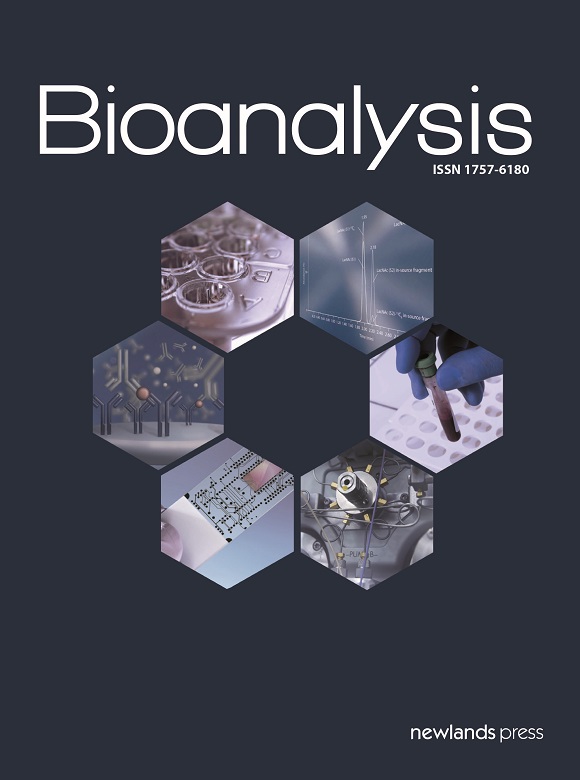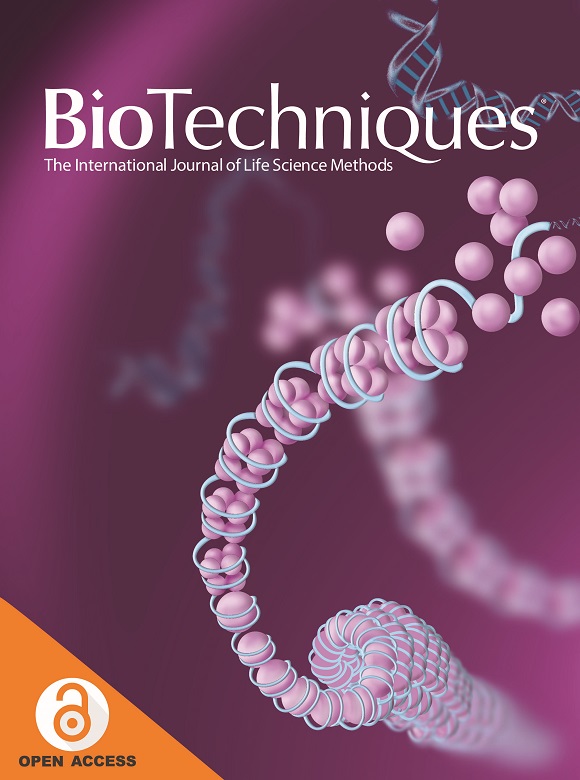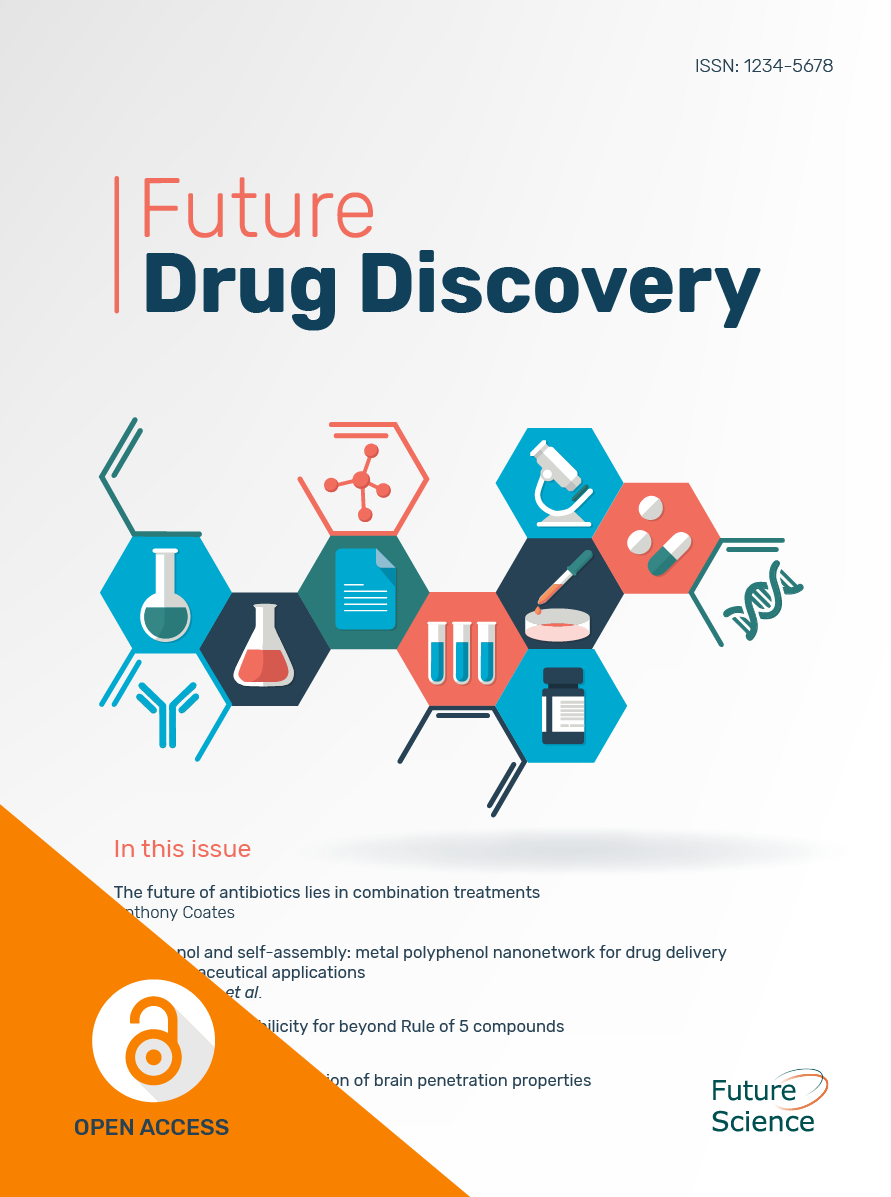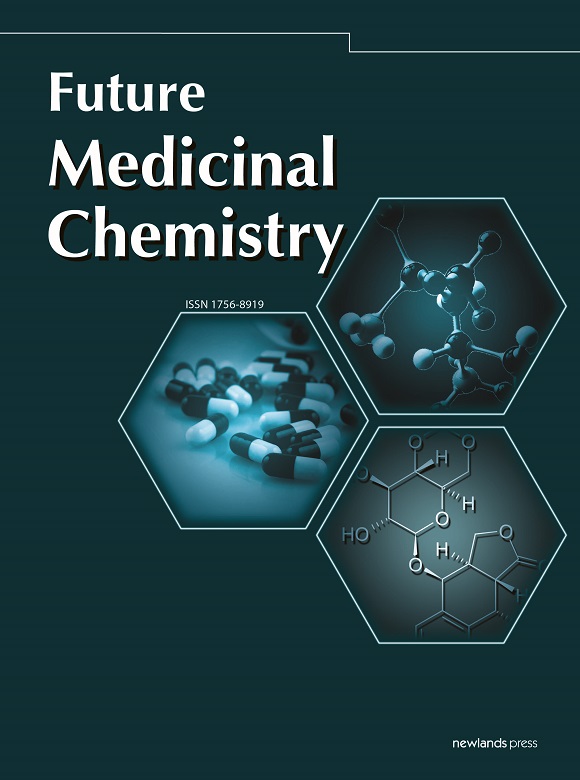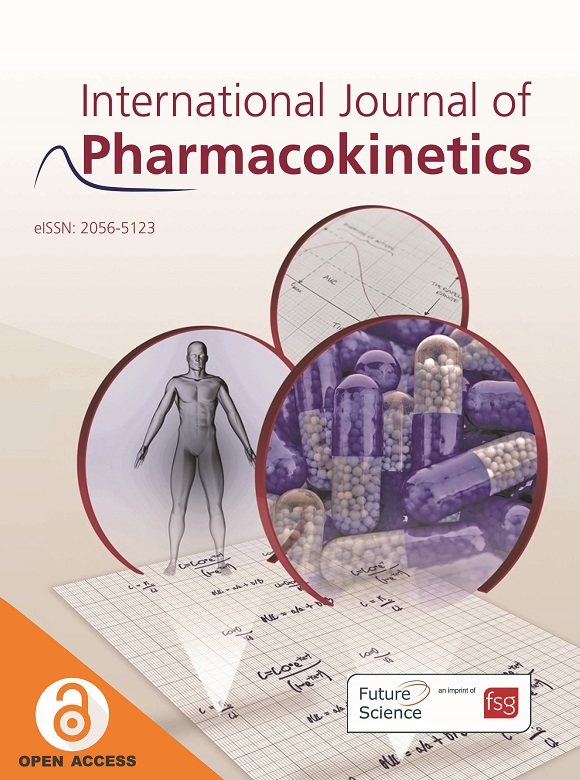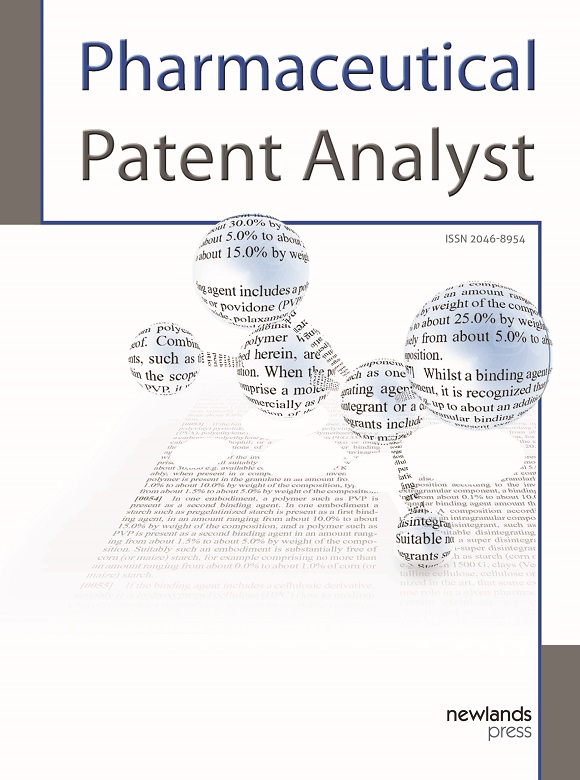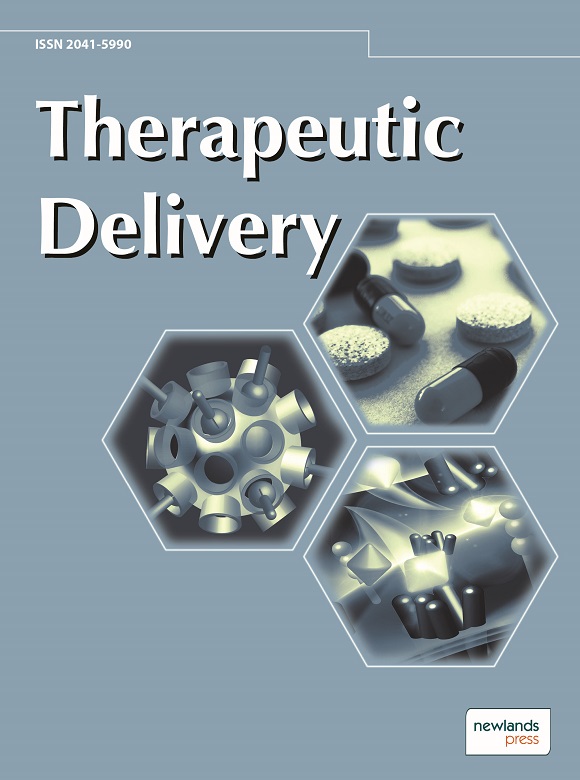Semi-Quantitative RT-PCR Method to Estimate Full-Length mRNA Levels of the Multidrug Resistance Gene
Abstract
Expression levels of P-glycoprotein (P-gp), the transporter encoded by the human multidrug resistance gene (MDR1), may play an important role in drug disposition. The ability to quantitate full-length MDR1 mRNA levels may be predictive of P-gp expression and function. Therefore, a semi-quantitative RT-PCR assay was developed to assess full-length MDR1 mRNA levels. Levels of full-length 3.8-kb MDR1 mRNA were estimated by comparing PCR amplification of the RNA extract with that of an internal standard, ΔMDR1. The 2.9-kb ΔMDR1 competitor RNA standard was constructed by deleting 965 bp from the interior of MDR1 mRNA. The full-length MDR1 and ΔMDR1 share identical 5′ and 3′ primer binding sequences, allowing for their simultaneous amplification in the same RT-PCR. With this approach, MDR1 mRNA levels can be sensitively and reliably estimated with a detection limit of 2000 copies. Full-length MDR1mRNA levels in various human cell lines and lymphocytes from leukemia patients varied over 100-fold, ranging from 0.3 to 36.5 × 105 copies/μg total RNA. The semi-quantitative full-length RT-PCR assay may be useful in estimating MDR1 mRNA levels to assess P-gp expression, which may be important in studying the role of P-gp in drug disposition and cancer chemotherapy efficacy.

